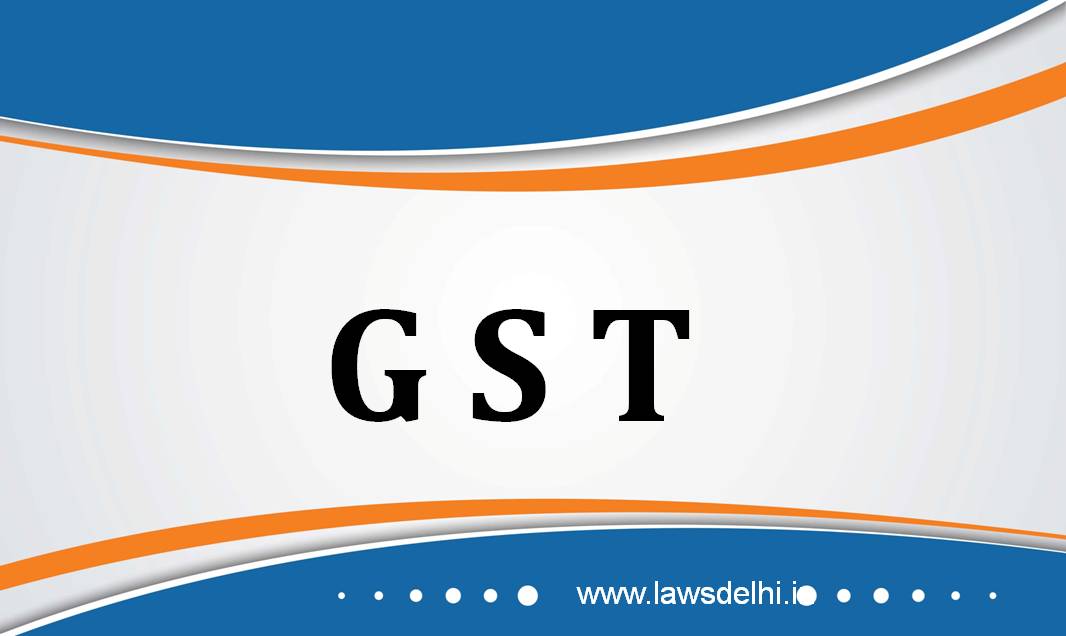ESI – HELD interest demanded from the appellant is in terms of Regulation 31-A of the said Regulations. In the writ petition filed by the appellant before the Gujarat High Court, in Letters Patent Appeal and in this appeal, the appellant has not challenged the validity of the Regulation 31-A. It must be noted here that the Judgment and Order dated 10th July 2006 of the Gujarat High Court affirming the liability of the appellant to pay contribution from 30th March 1975 onwards has attained finality and therefore, the liability of the appellant to pay contribution as demanded cannot be questioned.
SUPREME COURT OF INDIA DIVISION BENCH THE TRANSPORT CORPN. OF INDIA LIMITED THROUGH SANTNU PATRA MANAGER – LEGAL — Appellant Vs. EMPLOYEES STATE INSURANCE CORPN. AND OTHERS — Respondent (…








